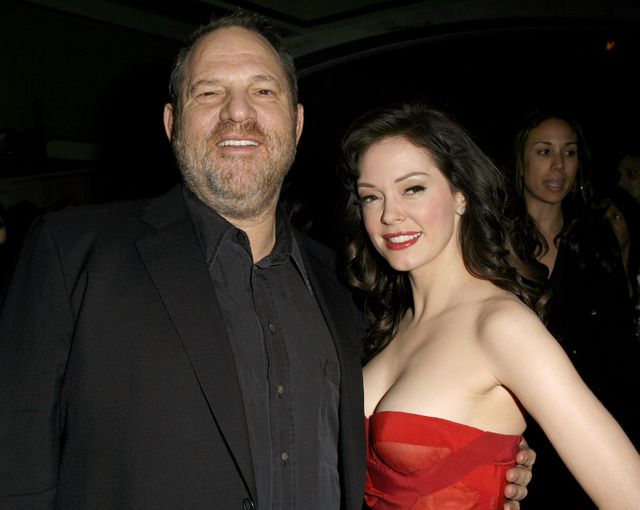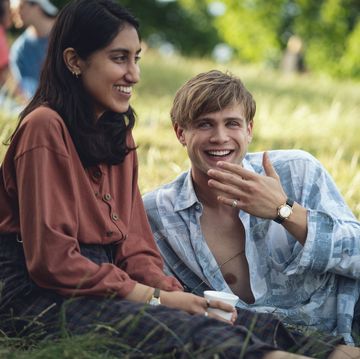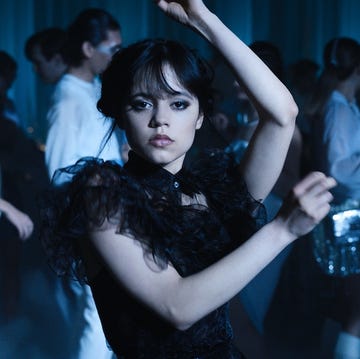Yesterday actress, activist and artist Rose McGowan's Twitter account was suspended. McGowan is one of the women who accused Harvey Weinstein of assault and rape, after years of silence due to a clause in her six figure legal settlement with him.
But McGowan was kept in the dark over the exact reason why her account was changed to 'limited', and the precise violation of Twitter's rules was unknown.
People speculated it was due to her use of swearing - she told Ben Affleck to 'F*** off in a Tweet - or that the ever-powerful Weinstein machine had somehow pulled some strings.
Either way, McGowan (and many others) were furious over what was viewed as censoring, especially as the actress used the social media site as a platform to voice her opinion on Weinstein.
Twitter eventually released a statement explaining that McGowan's account had been suspended due to an uncensored phone number in one of her Tweets, and that they would attempt to be more open about their reasons for suspending account usage in the future.
In a move to support McGowan and take a larger stand against female silencing, the hashtag #WomenBoycottTwitter began trending, sparking women and men alike to log off Twitter for 24 hours.
The movement has gained significant weight with the likes of Chrissy Teigen joining in.
However, the protest has not been plain sailing. People are pointing out how much men like Weinstein allegedly thrive on a culture of silence, and therefore women should be more vocal than ever before.
Secondly, some POC have pointed out how it has taken many white women's rapes, assault accusations and silencing on social media to provoke a boycott.
Cultural critic and author Roxane Gay pointed this out in a series of Tweets, saying:
Some people pointed out there wasn't an equal response for Leslie Jones when she was forced from Twitter due to racist abuse, or for Jemele Hill who has been suspended from ESPN for her Tweets about the NFL boycott.
Ava DuVerney asked intersectional feminists to take a moment to consider how WOC feel after, historically, their abuse and cries for help have gone unheard:
Hopefully people will listen to both sides of the argument and try and move forward inclusively.
Daisy Murray is the Digital Fashion Editor at ELLE UK, spotlighting emerging designers, sustainable shopping, and celebrity style. Since joining in 2016 as an editorial intern, Daisy has run the gamut of fashion journalism - interviewing Molly Goddard backstage at London Fashion Week, investigating the power of androgynous dressing and celebrating the joys of vintage shopping.













